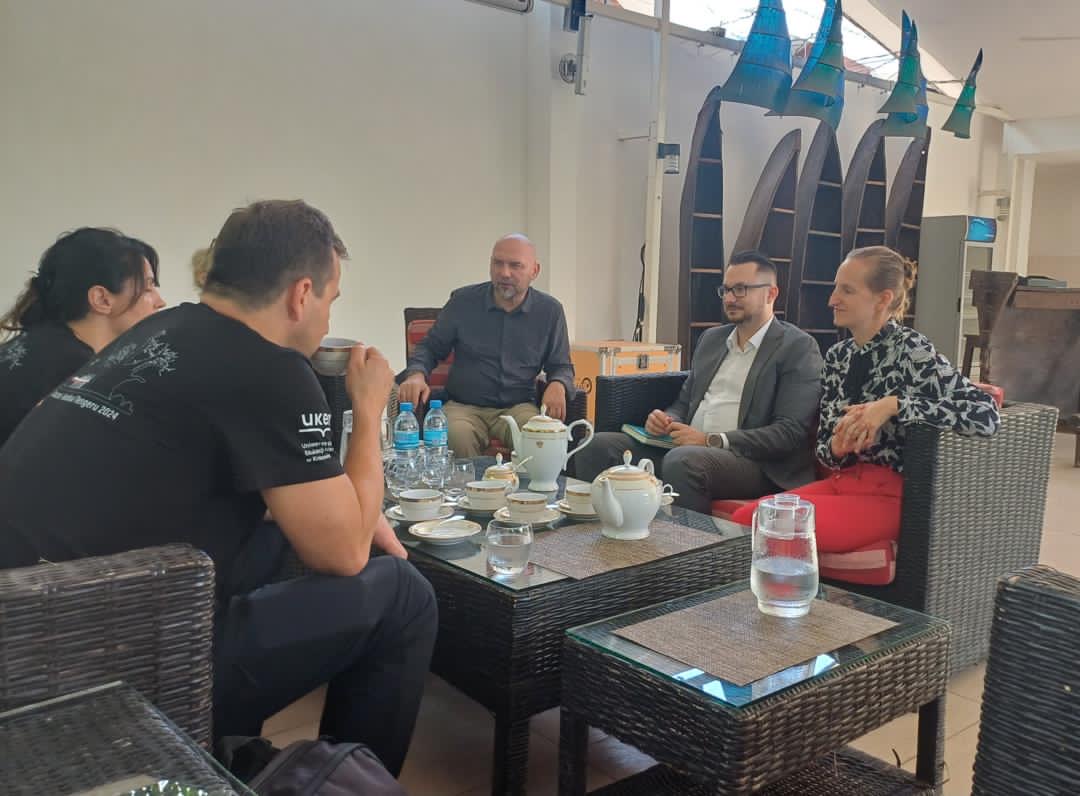Team of Historians from Kraków Restores a Polish Cemetery in Kondoa
24.12.2024
The cemetery in Kondoa was the last Polish burial site in Tanzania requiring comprehensive restoration.

The cemetery in Kondoa serves as the final resting place for Poles deported deep into the USSR after the outbreak of World War II. Thanks to the Sikorski-Mayski Agreement, they managed to leave their places of exile and, in 1942, arrived in refugee settlements in Africa. One of the six such Polish settlements in present-day Tanzania (then British Tanganyika) was Kondoa, home to approximately 430 people between 1942 and 1948.
Despite challenging conditions, including heavy rains, power outages, and baobab flowers that stained the gravestones as they fell, the renovation work was completed in just two weeks. The original gravestones of Siberian exiles, which had been later overlaid with tombstones in the local style, were restored to their original appearance.
The conservation and restoration work at the cemetery was supervised by Prof. Hubert Chudzio of the Institute of History and Archival Studies at University of National Education Commission (UKEN), who also serves as the director of the Centre for the Documentation of Displacement, Expulsion and Resettlement.
The project was carried out in collaboration with Poland's Ministry of Culture and National Heritage, the Embassy of Poland in Dar es Salaam, and the foundation "The Past Does Not Return but It Does Not Die." Funding was provided by the Ministry of Culture and National Heritage through the Culture Promotion Fund.
The Embassy of Poland in Dar es Salaam, with the support of diaspora funds from the Polish Ministry of Foreign Affairs, also financed the printing and installation of new informational boards at the Polish cemetery in Bigwa near Morogoro. These boards were installed by the Kraków historians en route to Kondoa.
During their mission in Tanzania, supported by the Polish Embassy in Dar es Salaam, the historians also visited the Tanzania National Archives in Dar es Salaam, where they conducted research on documents related to Polish settlements in former Tanganyika. They were warmly received at our Embassy, where discussions were held about current and planned activities of the Centre for the Documentation on the African continent.
Photos (14)
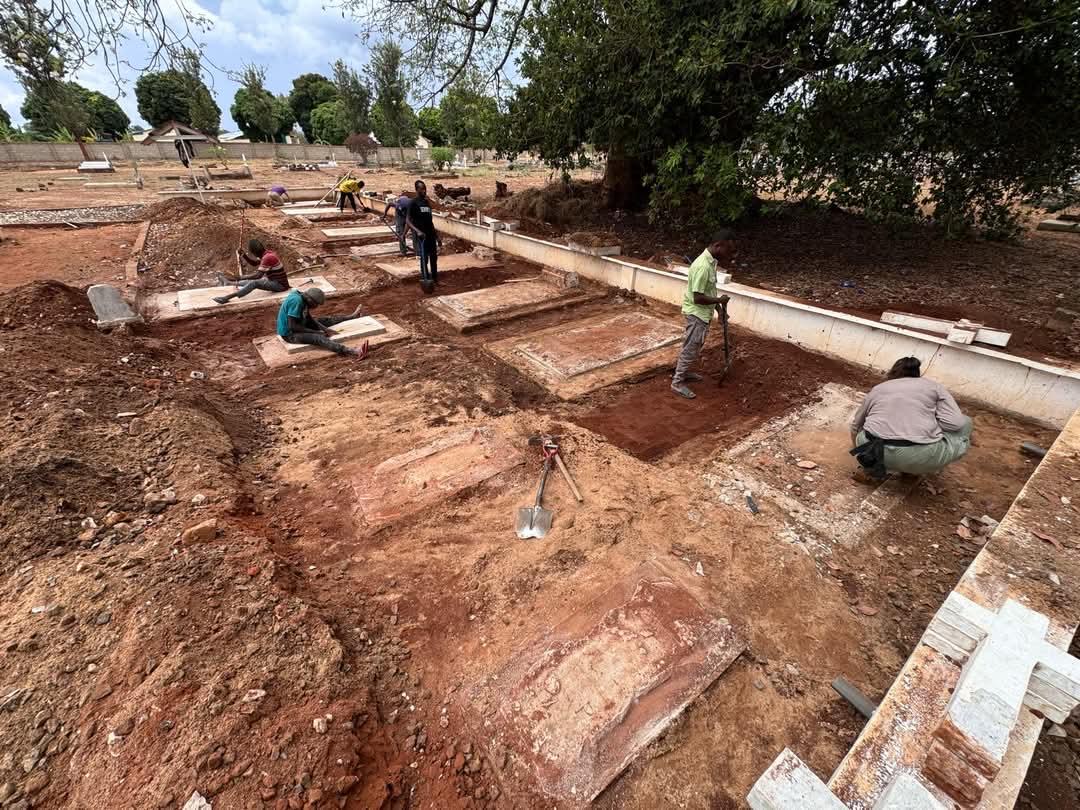 Display photo 2 in the gallery.
Display photo 2 in the gallery.
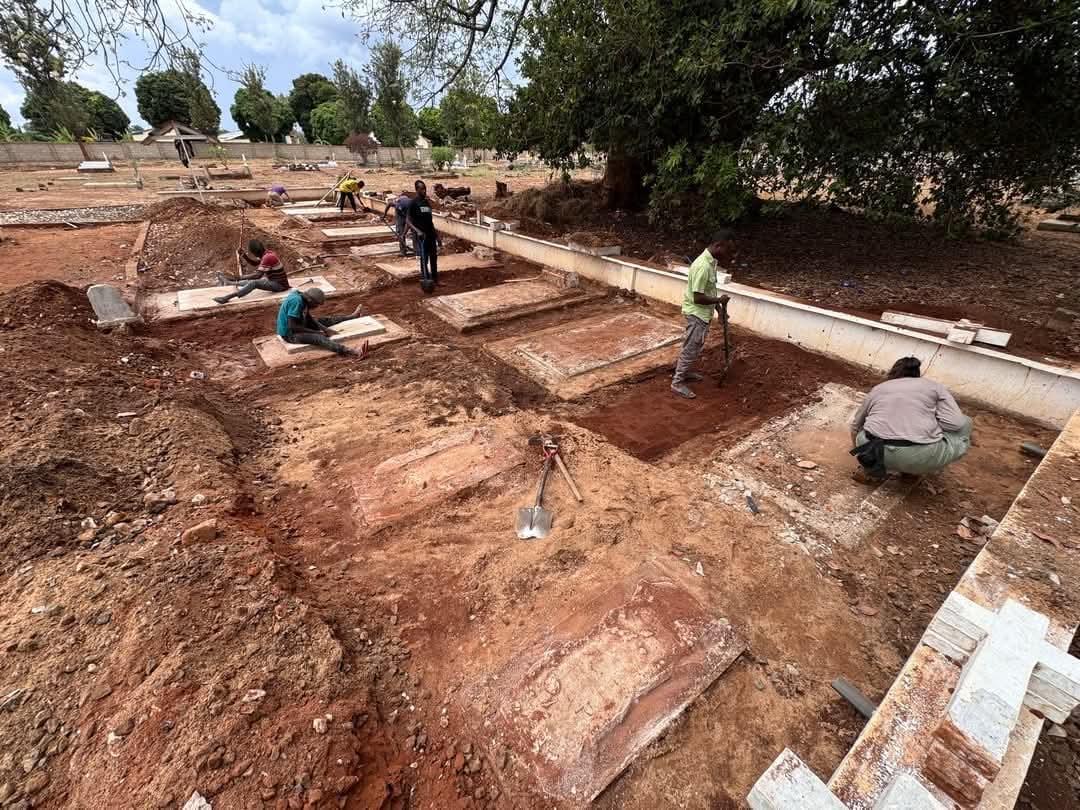 Display photo 3 in the gallery.
Display photo 3 in the gallery.
 Display photo 4 in the gallery.
Display photo 4 in the gallery.
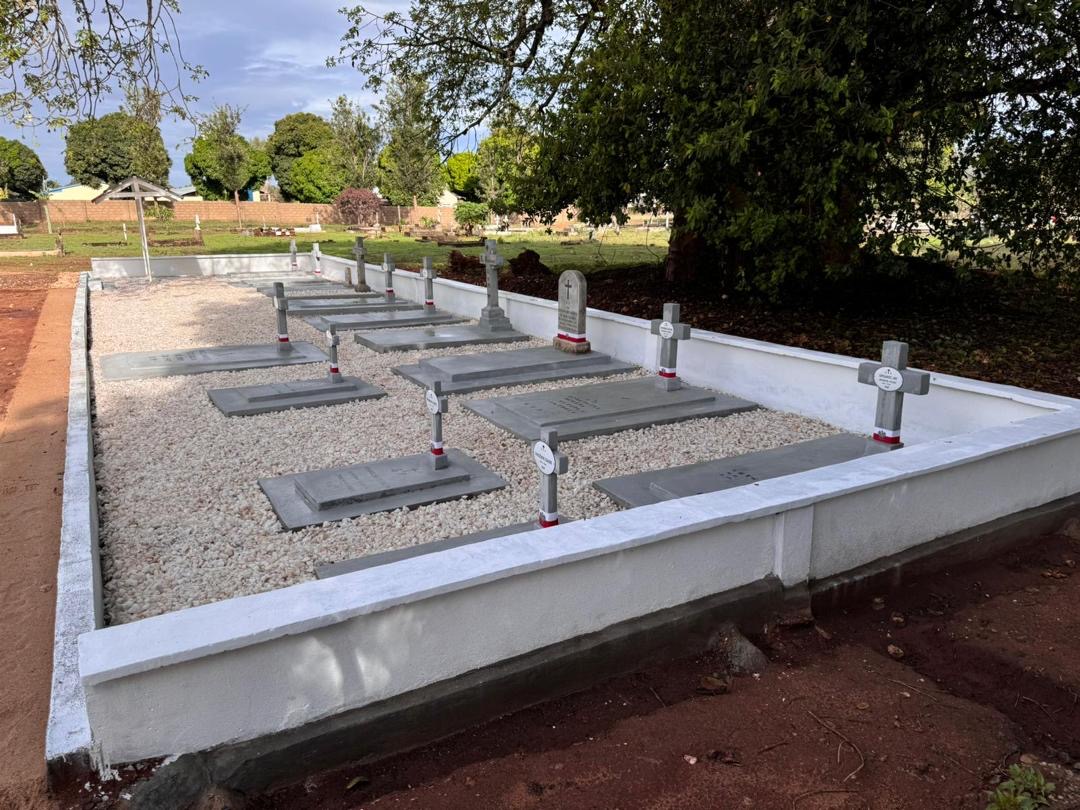 Display photo 5 in the gallery.
Display photo 5 in the gallery.
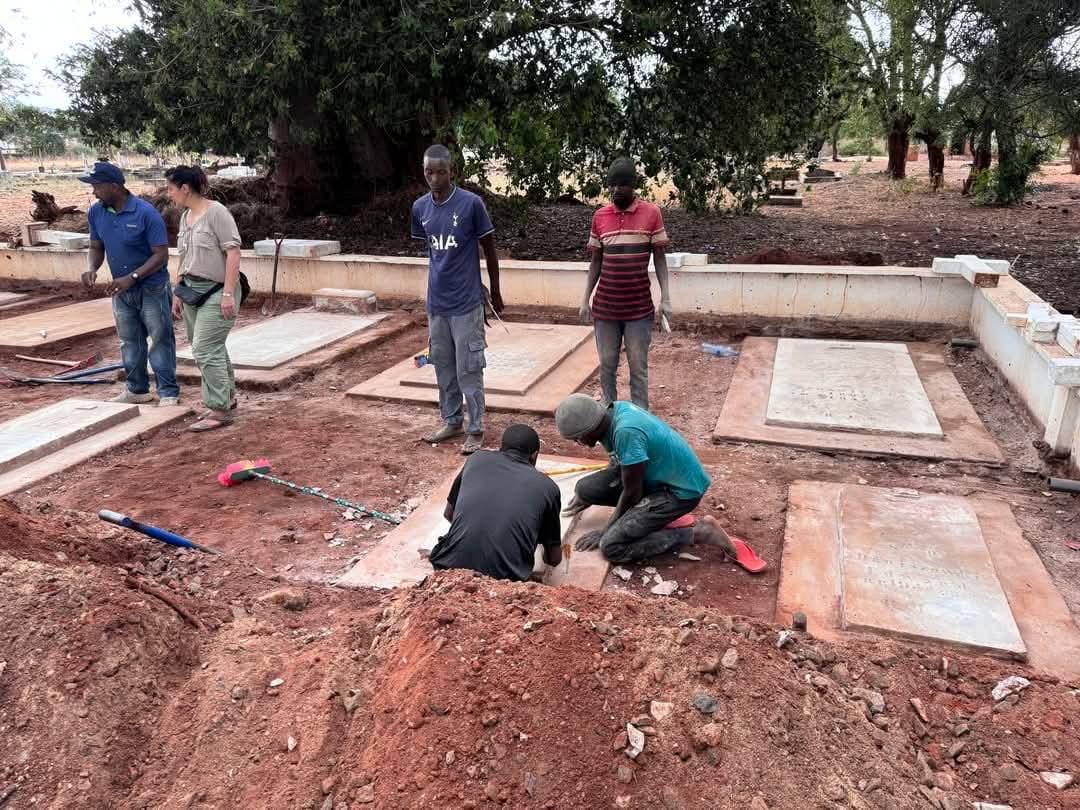 Display photo 6 in the gallery.
Display photo 6 in the gallery.
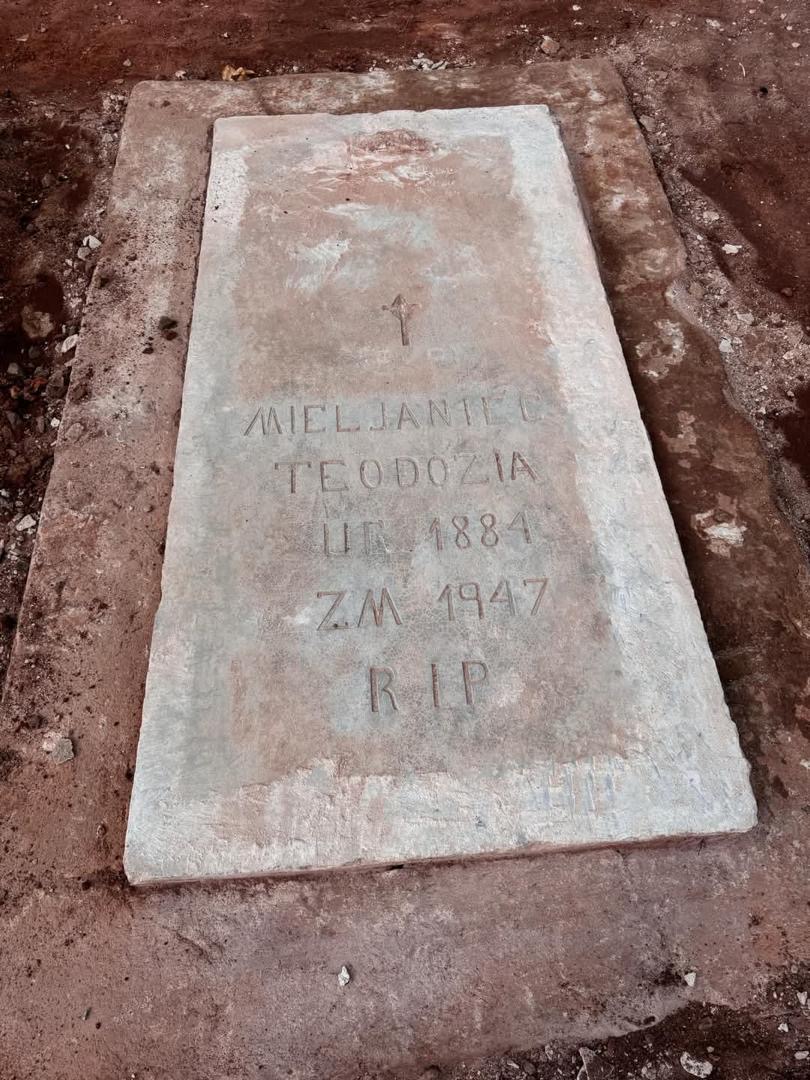 Display photo 7 in the gallery.
Display photo 7 in the gallery.
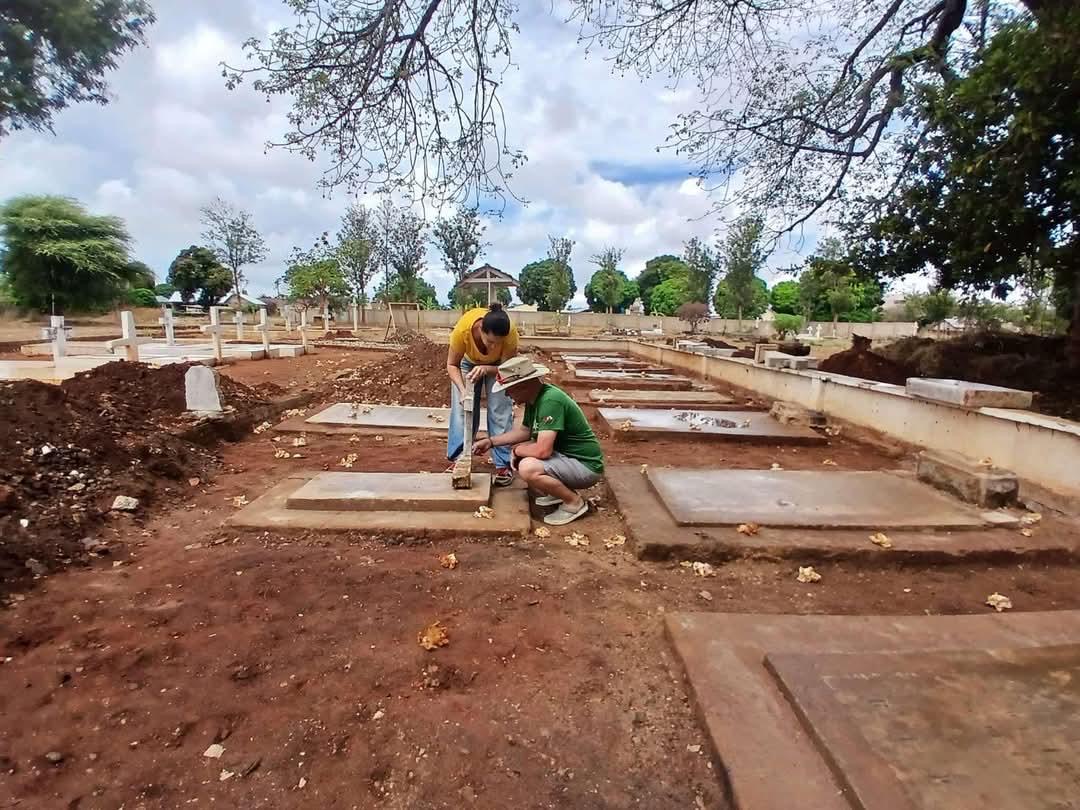 Display photo 8 in the gallery.
Display photo 8 in the gallery.
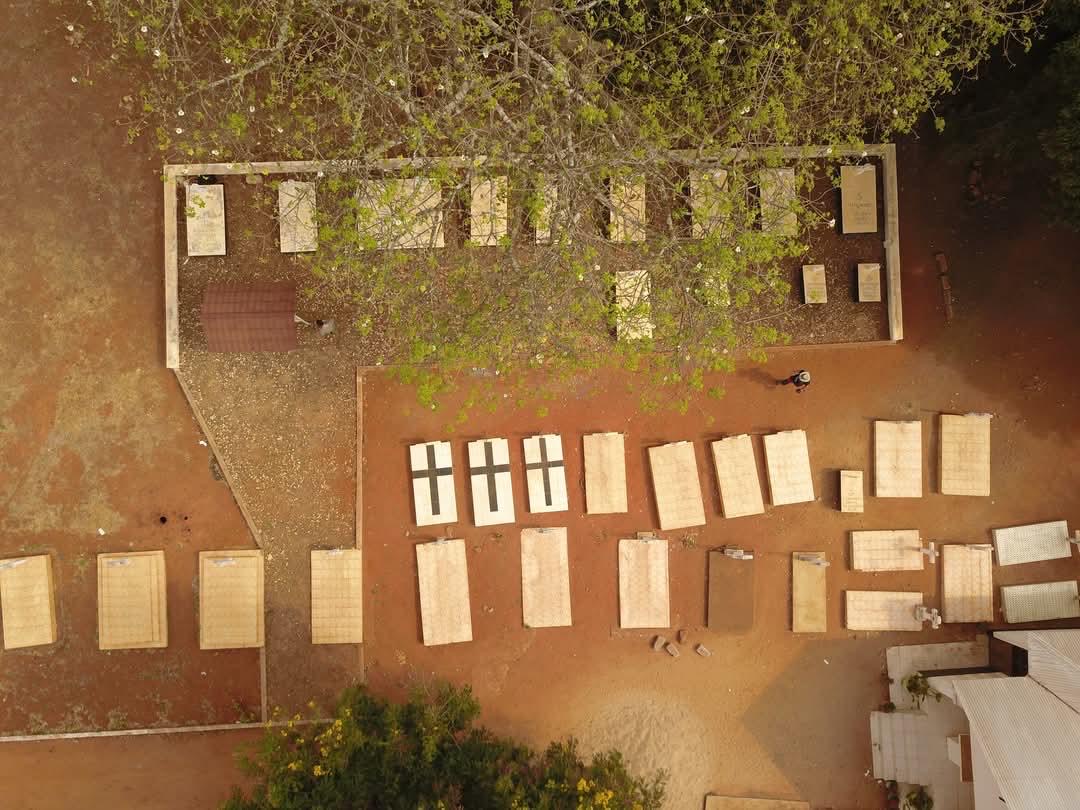 Display photo 9 in the gallery.
Display photo 9 in the gallery.
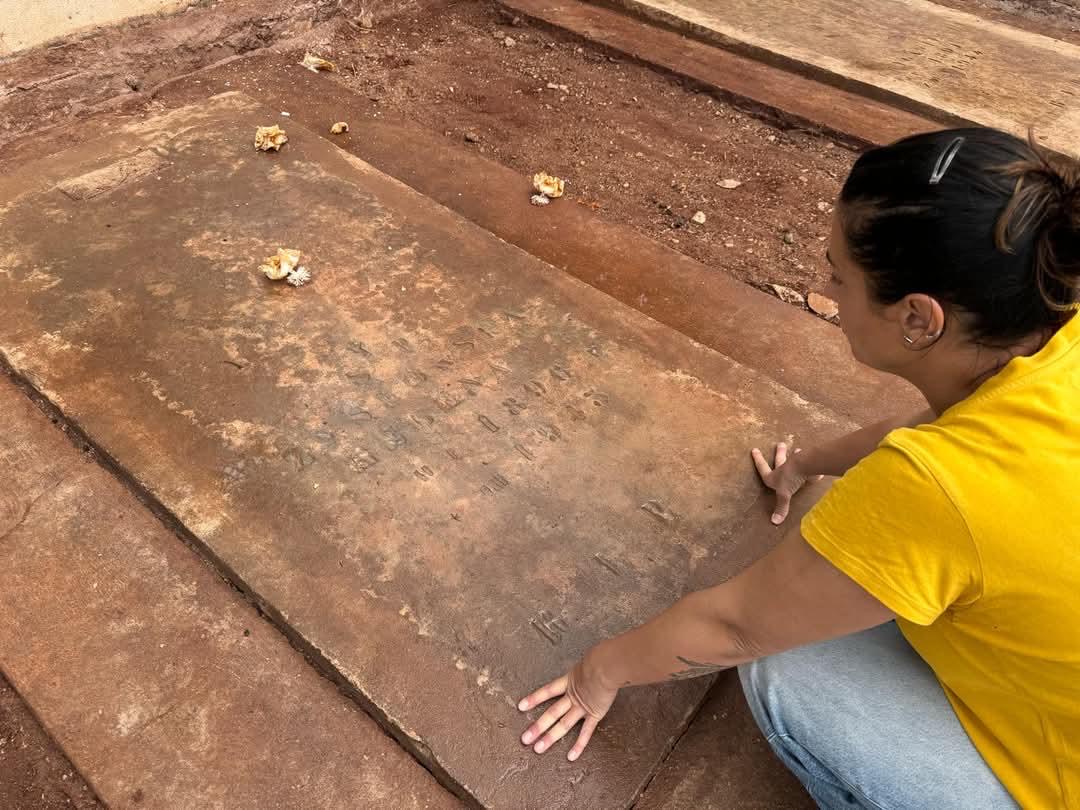 Display photo 10 in the gallery.
Display photo 10 in the gallery.
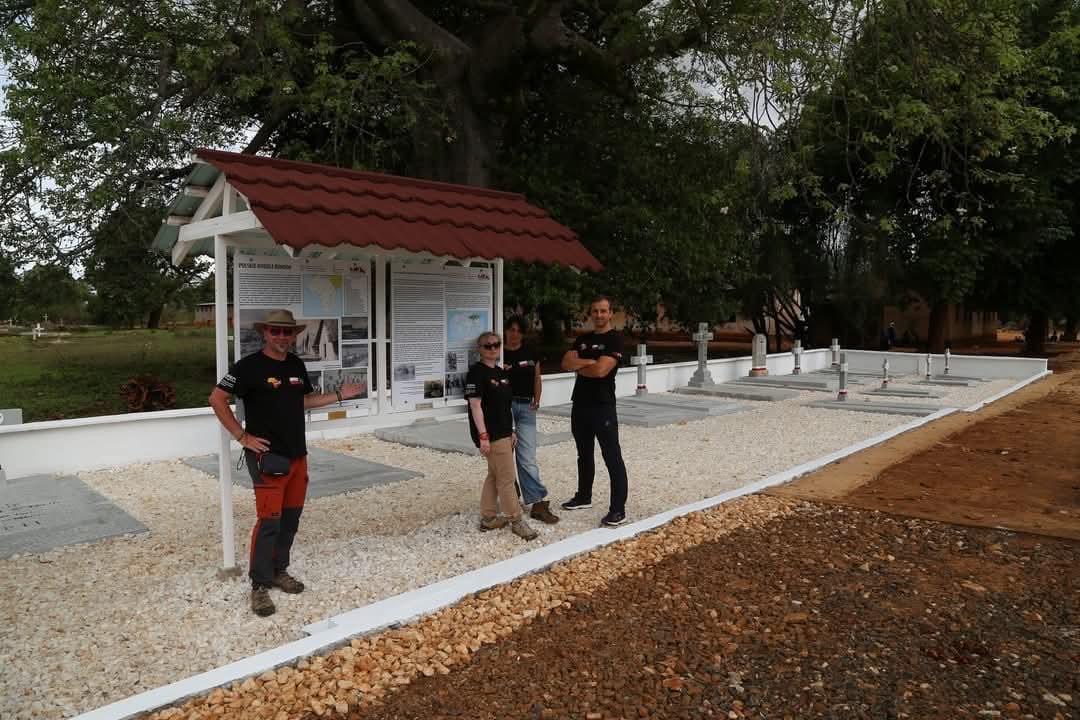 Display photo 11 in the gallery.
Display photo 11 in the gallery.
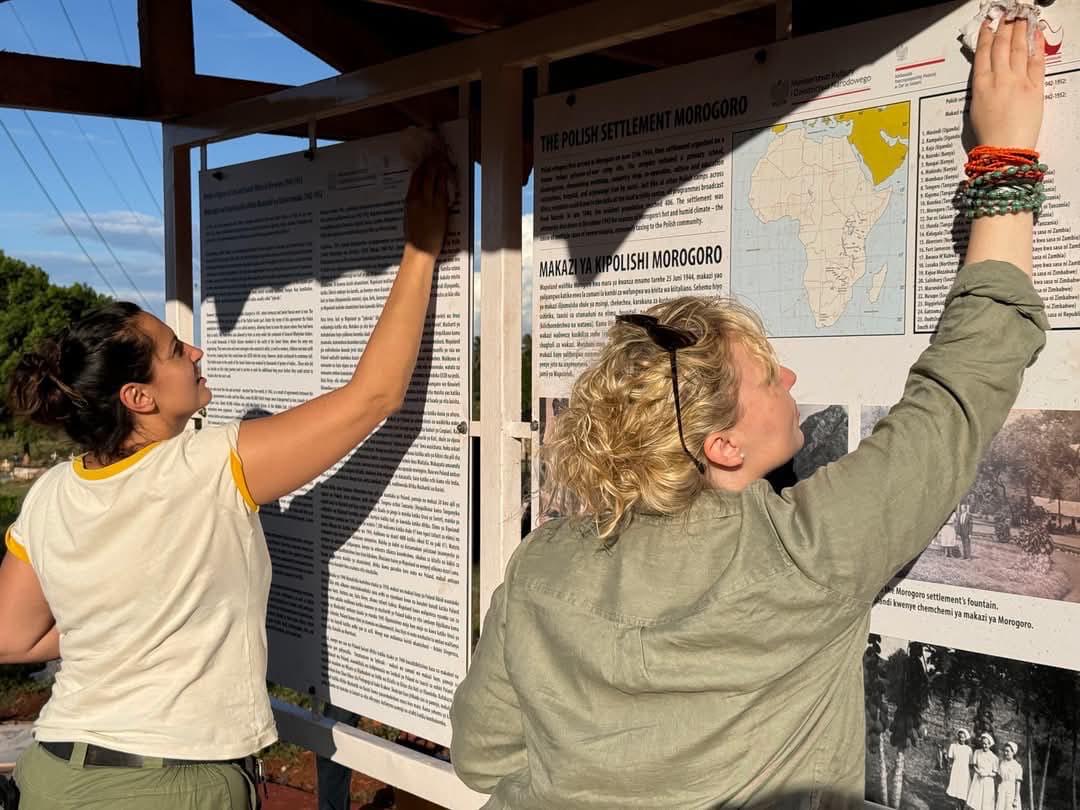 Display photo 12 in the gallery.
Display photo 12 in the gallery.
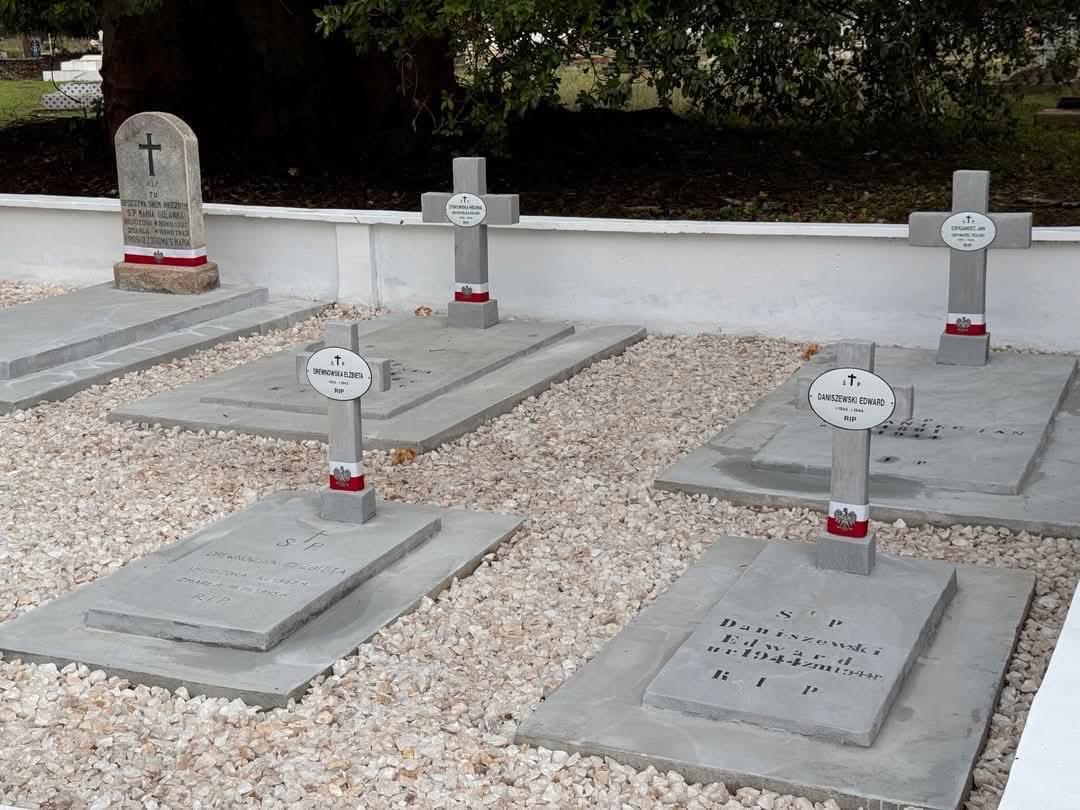 Display photo 13 in the gallery.
Display photo 13 in the gallery.
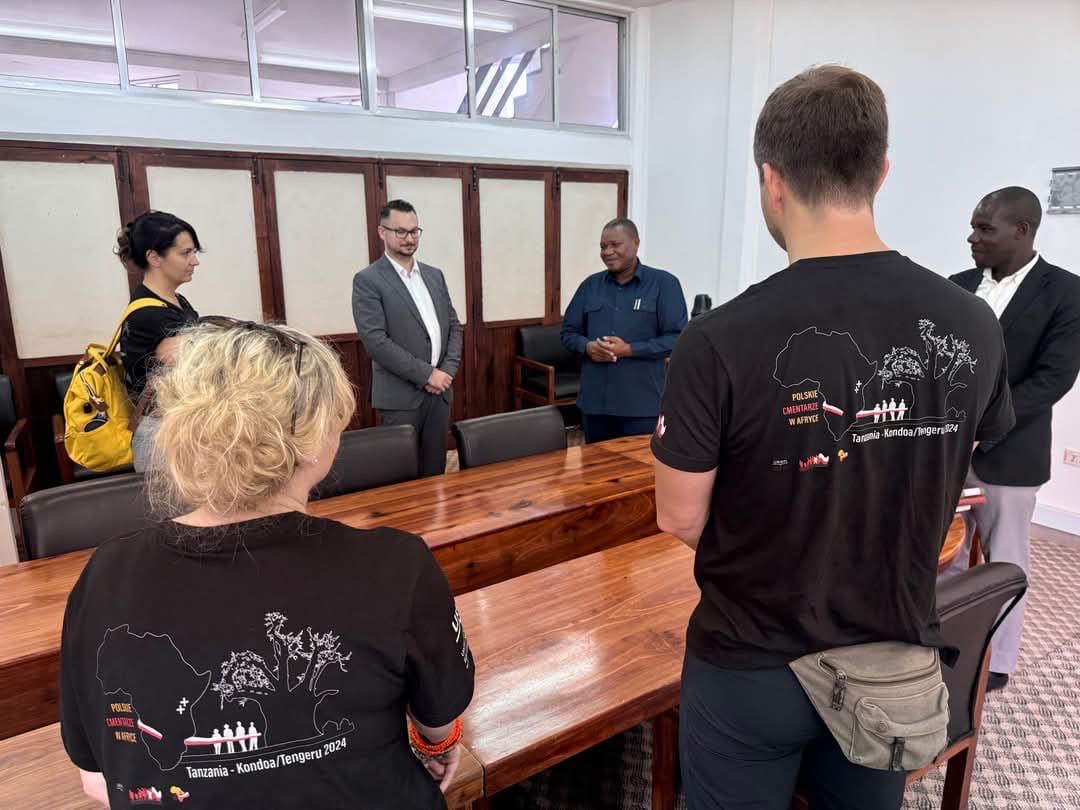 Display photo 14 in the gallery.
Display photo 14 in the gallery.
